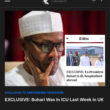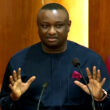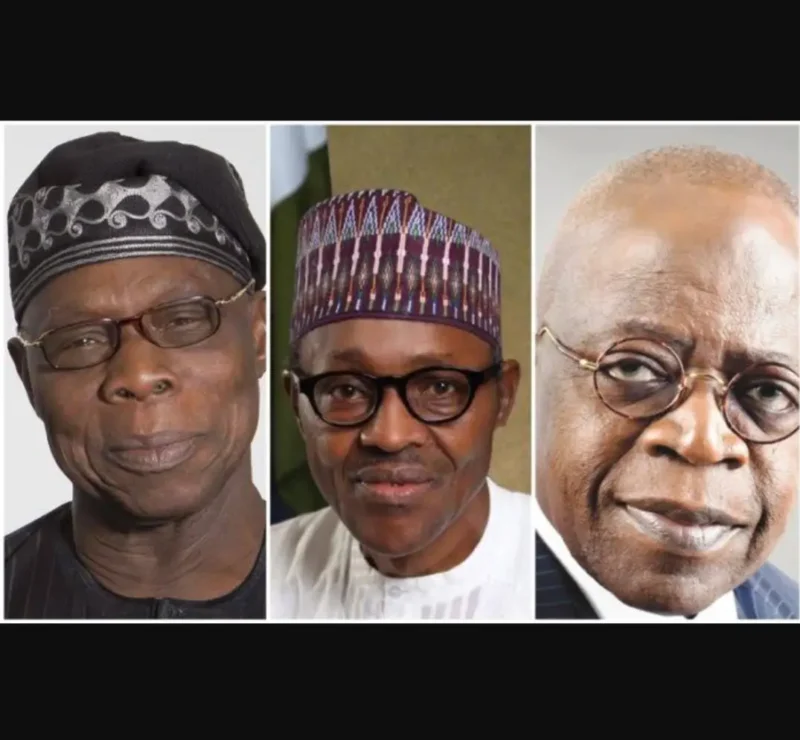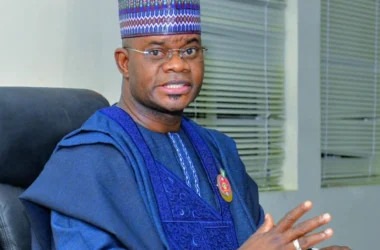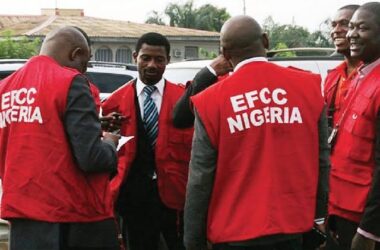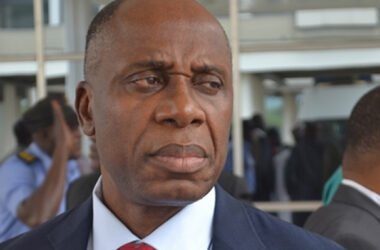Transparency International Nigeria has blamed President Bola Ahmed Tinubu and his predecessors, Muhammadu Buhari and Olusegun Obasanjo, for the long-standing issues of missing funds and lack of accountability in the Nigerian National Petroleum Company Limited (NNPCL).
TI Nigeria’s country director, Auwal Rafsanjani, shared these views in an exclusive interview with DAILY POST on Monday. The statement comes shortly after a World Bank Nigeria Development Update report highlighted significant financial irregularities involving NNPCL.
The World Bank report revealed that from a total revenue of N1.1 trillion generated by the NNPCL in 2024, only N600 billion was remitted to the Federation account, leaving an unexplained gap of N500 billion between October and December 2024. This missing amount has sparked renewed concerns about transparency and corruption within the state-owned oil giant.
Additionally, the International Monetary Fund (IMF) has also called for clearer reporting and transparent management of fuel subsidy gains by the NNPCL in its recent findings.
The Socio-Economic Rights and Accountability Project (SERAP) joined the calls for a detailed investigation into the unremitted funds, urging a deeper look into the company’s financial management.
Despite the president also serving as the petroleum minister, the NNPCL’s financial opacity has persisted. Since 1999, three Nigerian presidents, including Obasanjo, Buhari, and now Tinubu, have held the petroleum minister position themselves.
In response, Rafsanjani pointed to the leadership at the highest level and the National Assembly for the ongoing problems. He said the financial review must extend beyond former NNPCL Group Chief Executive Officer Mele Kyari to uncover all missing funds since 1999.
He stated, “The need to carry out a comprehensive audit of NNPCL is necessary to ascertain the level of financial transactions under Mele Kyari and other leadership of NNPCL.”
Rafsanjani added, “All these happened under the president, who is the substantive petroleum minister. The president is responsible. Whether Buhari, Tinubu, or Obasanjo.”
He further criticized the practice of presidents appointing themselves as petroleum ministers, noting that it reduces accountability and that the National Assembly has failed in its oversight role.
Energy expert Barr. Ameh Madaki also stressed the urgency for a full audit. He highlighted past financial controversies, including a $3.3 billion loan used to support the naira’s value, which remains unclear in terms of usage and impact.
Madaki explained, “NNPCL did not remit any funds to the Federation account during Buhari’s second term, claiming it would only remit profits after expenses and taxes following audits. This situation left states and local governments struggling financially.”
He called on the current NNPCL leadership to improve transparency and restore public trust.
The missing N500 billion has intensified calls for probing Mele Kyari, who was removed from his position along with other board members by the Tinubu administration in early April over performance issues.
Kyari had announced plans to restart production at the Port Harcourt and Warri refineries late last year, but questions remained about their actual output before his departure.


